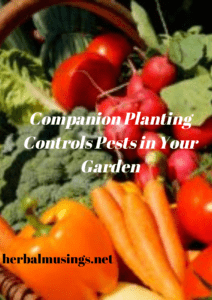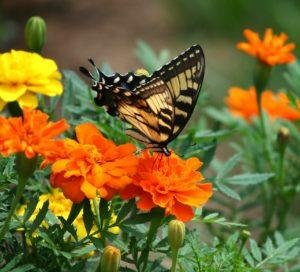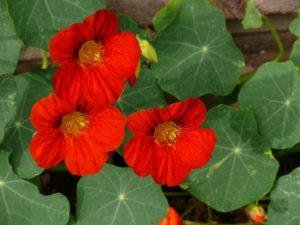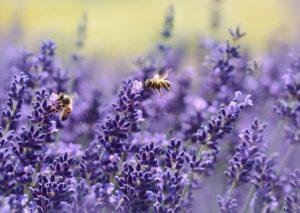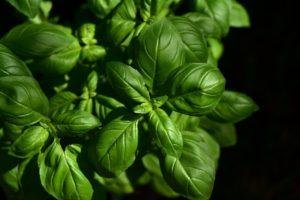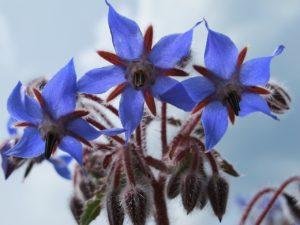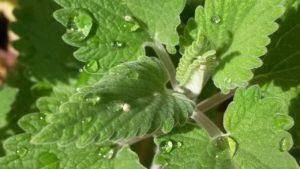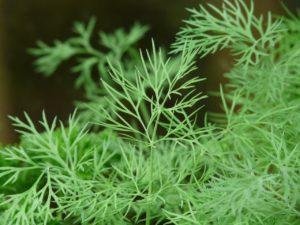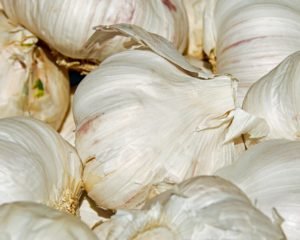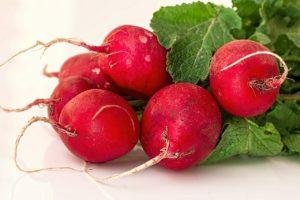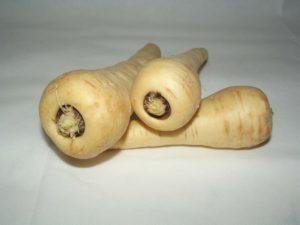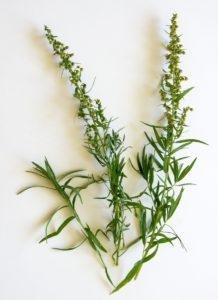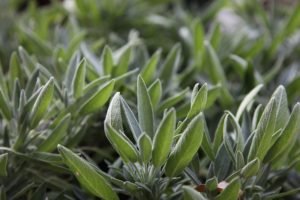Are you looking for natural ways to deter pests in your vegetable garden? No more pesticides and other chemicals contaminating your produce and your body. Remember, you are what you eat.
Companion planting is an efficient and natural way to protect your garden from pests and promote healthy, growth in all your herbs, vegetables and flowers. Some plants benefit the soil, while others may deter specific pests and diseases or enhance the flavors of fruits and vegetables. Herbs are particularly valuable in the context of trap planting because they can both discourage pests and attract beneficial insects such as ladybugs, bees, and butterflies.
Plants have unique natural abilities to emit different chemical substances. The plants repel or attract specific insects. An easy way of keeping pests at bay is to strategically place insect-repelling plants in your garden. Insects tend to avoid these plants because the essential oils in them work as a natural bug repellent. This is what protects your vegetable plants.
Beneficial insects prey on pests that cause damage in the garden. Ladybugs and praying mantis are beneficial bugs.
Companion Flowers
Marigolds (Tagetes) repel aphids because of their smell. The flowers also attract hoverflies which are beneficial as hoverflies prey on aphids.
French marigolds repel whiteflies and kill bad nematodes. Mexican marigolds are offensive to a host of destructive insects as well as wild rabbits. If you choose marigolds for your garden they must be scented to work as a repellant.
Nasturtium (Tropaeolum majus) is very beneficial to your garden. Plant nasturtiums with tomatoes and cucumbers to repel wooly aphids, whiteflies, squash bugs, and cucumber beetles. The flowers, especially the yellow blooming varieties, act as a trap for aphids.
Cabbage white butterflies also love nasturtium. The large leaves attract cabbage butterflies that will lay their eggs on the underside of the nasturtium leaves. Your cabbage will be free of caterpillar bites! When planted near squash or eggplant, it will deter flea and cucumber beetles. Slugs cannot resist their juicy leaves!
Lavender (Lavandula angustifolia) is a wonderful plant for pest control since it repels fleas, mosquitoes, and flies. Plant it in sunny areas of your garden or near your house entrance. This plant is easy to maintain since it can basically survive all weather conditions.
Companion Herbs
Basil (Ocimum basilicum) oils repel thrips, flies, and mosquitoes. Plant basil alongside tomatoes for larger, tastier tomatoes. Basil also enhances the flavors of tomatoes, asparagus, peppers, and oregano when planted near these vegetables.
Borage (Borago officinalis) attracts bees and predatory insects and repels many insect pests. It has lovely blue flowers and is considered one of the best companion plants. This plant is helpful for many plants, especially strawberries, tomatoes, and cabbage. Plant borage near your tomatoes to deter tomato hornworms and cabbage worms. An added benefit, the flowers taste like a mild, sweet cucumber and are a good addition to summer salads. Borage attracts beneficial bees and wasps and adds trace elements to the soil. This is an annual but readily comes back each year from seed.
Carrots (Daucus carota subsp. sativus) are inter-planted with alliums such as onions, leeks, and garlic, this confuses onion and carrot flies. If carrots are allowed to flower, they also attract the assassin bug, lacewing, parasitic wasp, yellow jacket and other predatory wasps which will attack other predators.
Catnip (Nepeta spp.) is a perennial member of the mint family. Plant catnip between rows of plants susceptible to flea beetle damage, such as radish and eggplants. The adult beetles are repelled by the fragrance. This plant repels just about every kind of pest. Use it to keep away flea beetles, aphids, Japanese beetles, squash bugs, ants and weevils.
Dill (Anethum graveolens) plant with cucumbers and onions. It attracts hoverflies, predatory wasps and swallowtail butterflies. The swallowtail caterpillars feed on the dill foliage. To repel tomato hornworms from your tomatoes, plant dill a distance away. Dill repels aphids and spider mites, as they don’t like the smell. Sprinkle dill leaves on squash plants to repel squash bugs. Dill is helpful for cabbages, corn, lettuce, onions, and cucumbers.
Garlic (Allium sativum) assists apple trees, pear trees, roses, cucumbers, lettuce, and celery. It is a repellant to aphids, ants, and rabbits. Plant garlic near roses to repel aphids. It also deters codling moths, Japanese beetles, spider mites, root maggots, fleas, snails and carrot root fly.
It is such an effective way to deter pests that attack various plants that I think its best to scatter a few garlic plants throughout your garden.
Radishes can be used as a trap crop against flea beetles to prevent them from attacking squash, eggplant, cucumber, and lettuce. This means they prefer the radishes and leave the main crop alone. Cutworms, flea beetles, aphids, harlequin bugs, and cabbage loopers attack radish foliage but leave the radish bulb alone.
Parsnips (Pastinaca sativa) planted around fruit trees and left to flower will attract a variety of predatory insects to the garden. The predators attack codling moth and light brown apple moth. The parsnip root also emits a substance toxic to red spider mites, fruit flies and pea aphids.
Parsnip root is also used to make a natural pesticide. It contains Myristricin, which is toxic to fruit flies, house flies, red spider mites and pea aphids. Blend three parsnip roots with one liter of water through a food processor (not one for preparing food). Leave overnight, strain and use within a few days.
Tarragon (Artemisia dracunculus) is disliked by most pests due to the aroma. This plant enhances the growth and flavor of crops grown with it especially eggplant.
Sage (Salvia officianalis) repels snails, cabbage moths, beetles, black flea beetles and carrot flies. It is beneficial for rosemary, cabbage, beans, and carrots. Sage attracts pollinators such as bees.
Do not plant near cucumbers, onions or rue.
Companion planting in your vegetable garden helps keep pests away and draws in beneficial insects to help protect your plants. Companion planting is an efficient and natural way to protect your garden from pests and promote healthy, growth in all your herbs, vegetables and flowers.
